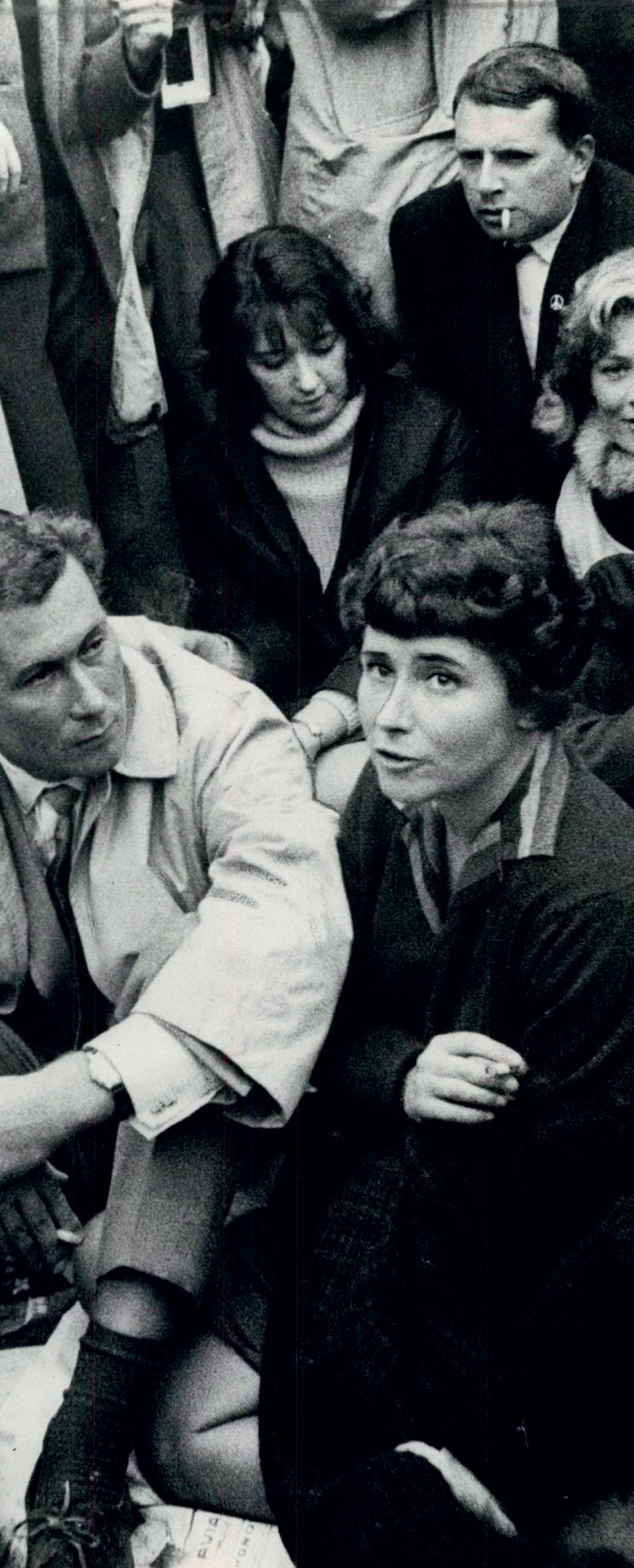
Doris Lessing would have been 100 this year. Her life and work traversed key movements of the twentieth century, from communism to postcolonialism, from feminism to our increasing awareness of mental health issues. A precocious writer, she began selling her short stories at the age of 15. When she died in 2013 at the age of 94, she left behind an extraordinary array of writings: more than 50 novels, as well as short stories, poetry, drama, and even opera librettos. Ironically, it was only after winning the Nobel Prize in Literature in 2007 that she found it difficult to write, owing to the media attention that followed the award.
Today, Lessing is chiefly remembered as the author of The Golden Notebook (1962). This novel is viewed as a landmark feminist text and is studied at universities around the world. Lessing was one of the first novelists to respond to second-wave feminism, a movement which, from the 1960s onwards, broadened the emphasis of feminist activism. Second-wave feminists moved away from campaigns about voting and property rights towards inequalities in the home, at work, and in contemporary society more generally. This has led critics to see in Lessing’s fiction a revolutionary feminist voice, and to see in The Golden Notebook a story about the battle of the sexes. However, Lessing herself was unhappy with such labels. In a 1982 interview, she spoke of her distaste for what she perceived to be feminist dogma:
Your organisation does not have access to this article.
Sign up today to give your students the edge they need to achieve their best grades with subject expertise
Subscribe




